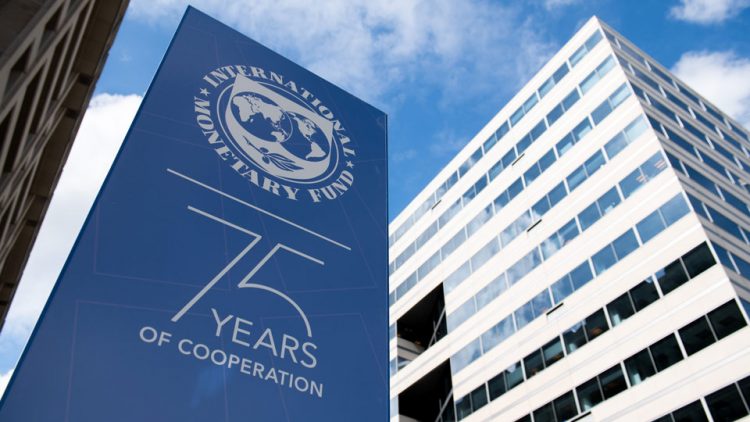The International Monetary Fund (IMF) has said that global economic recovery will depend largely on the rollout of the Covid-19 vaccine by different countries.
IMF Division Chief for Research Department, Malhar Nabar, who disclosed this on the World Economic Outlook: Divergent Recoveries report said the variation in recovery speeds across countries has a lot to do with the severity of the pandemic, disruptions created in the economies, strength of the policy responses that have been put in place to cushion the impact and to place the economies on the recovery path, and now, crucially, the speed of vaccine rollout.
For him, the lack of access to vaccines is making recovery hard to imagine for some countries while others are well on their way. These divergent recoveries are a big concern,” he said.
Nabar who examined the new World Economic Outlook, and the mark COVID-19 has made on global economy, said global prospects are looking better than they were a year ago at the start of the pandemic.
He said: “The ones that have been able to procure more vaccines, more doses are seeing faster recovery prospects than the others that have not been able to procure vaccines. And that’s what’s really unique about the divergent recovery speeds coming out of this crisis compared to what we’ve seen in the past,” he said.
According to him, a strong recovery in advanced economies is generally a good development for emerging market developing economies because that helps the exports that they send to the advanced economies when there’s stronger demand coming from the external environment.
He called for the need to prioritize health spending on vaccines, on therapies to ensure herd immunity is reached in every country.
“But at the same time to also support the economy, to cushion the impact of this crisis on the economy, by offering targeted support to those who are worst affected by this crisis. But going forward as the recovery takes hold, as the pandemic is beaten back, as labor market conditions normalize, to shift that focus,” he said.
He said it’s important to acknowledge that there’s a lot of uncertainty about the recovery path, how long this will take. And therefore, the costs associated with the recovery are also uncertain.
“We have estimates on what it would take for low-income countries to fill financing gaps, the shortfalls that they have both in terms of combating the health crisis, but also then getting back onto the path of convergence that they were on before the pandemic. But all those estimates are subject to uncertainty because it really depends a lot on the nature of the recovery that we will see,” he said.
On the impact of the pandemic, he said children have been staying home from school for many months in many countries, in low income developing countries, even more so than in advanced economies.
And the substitutes by way of virtual learning have been far more limited in low income developing country contexts. What this means of course, is lost instruction time translates into weaker earnings prospects at the individual level.



